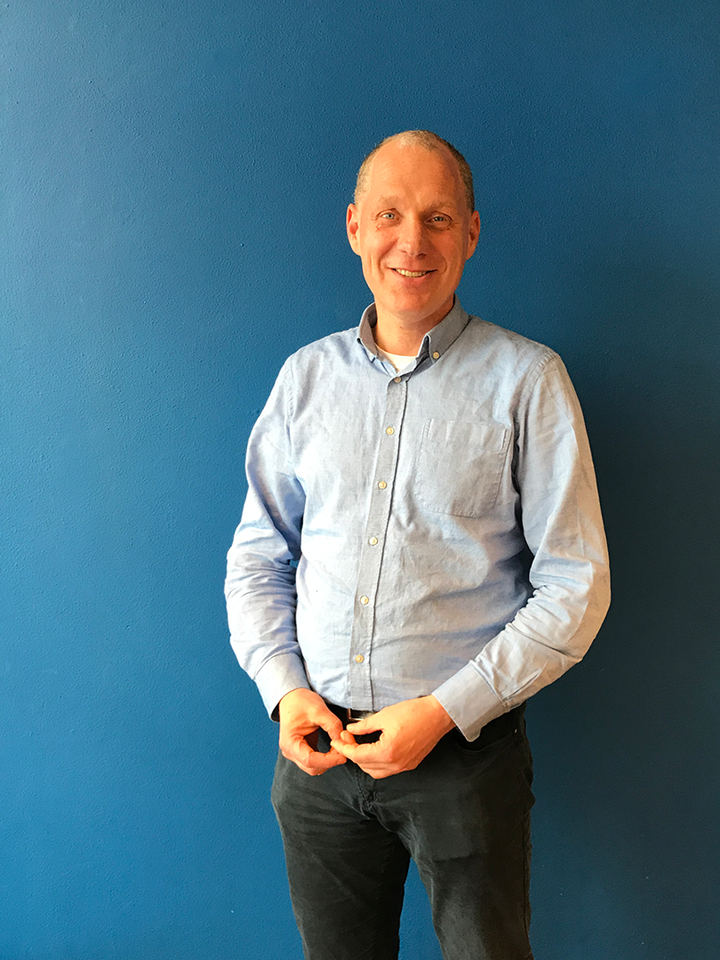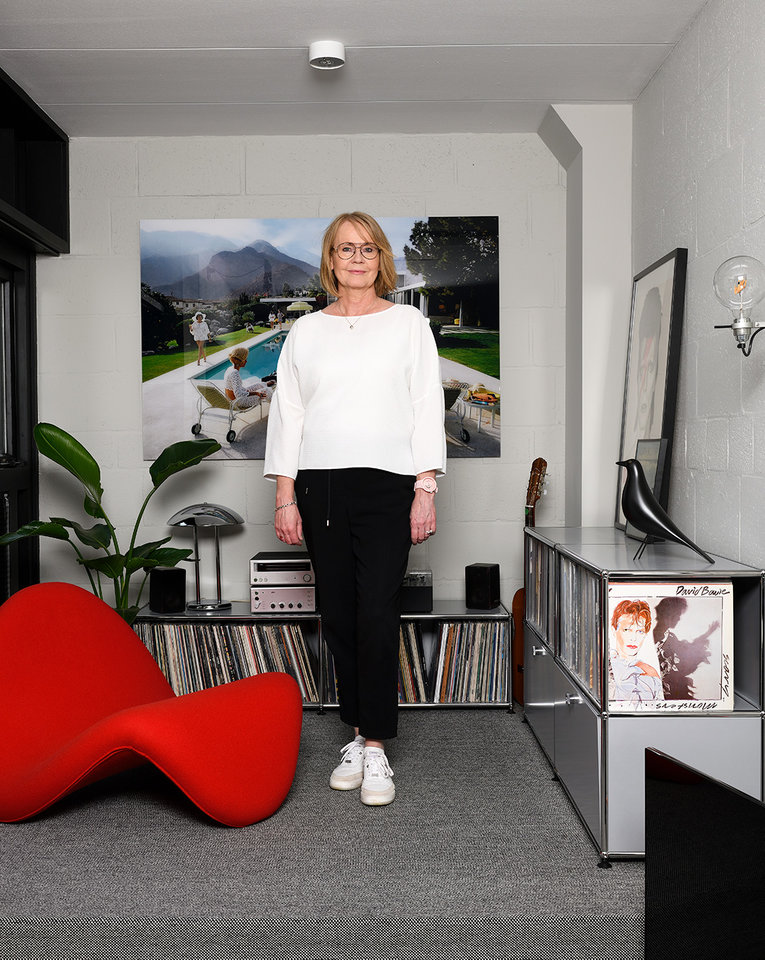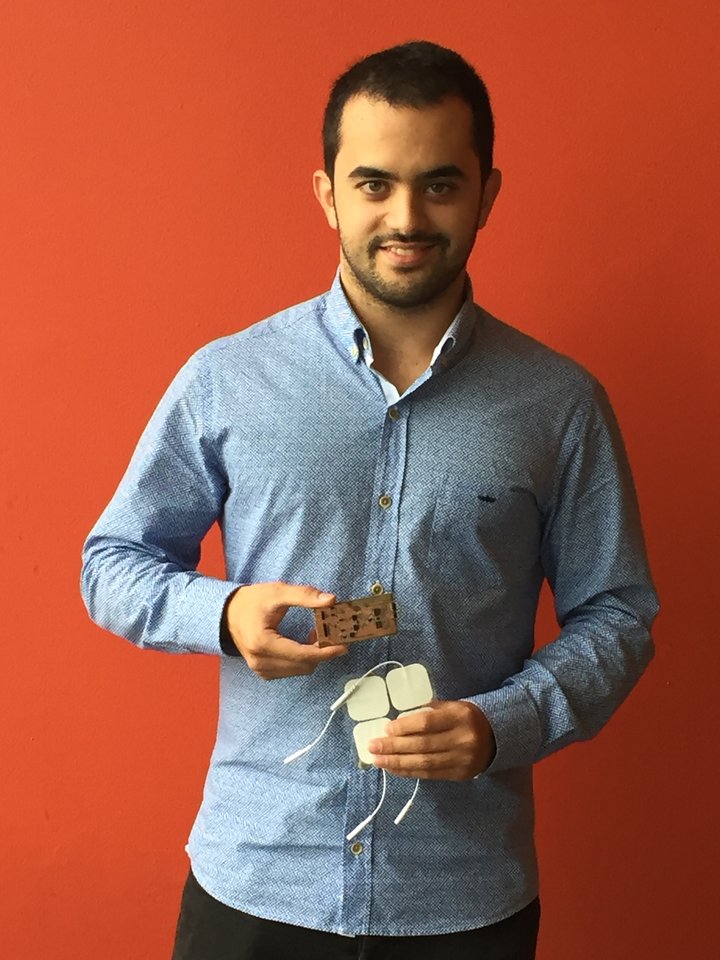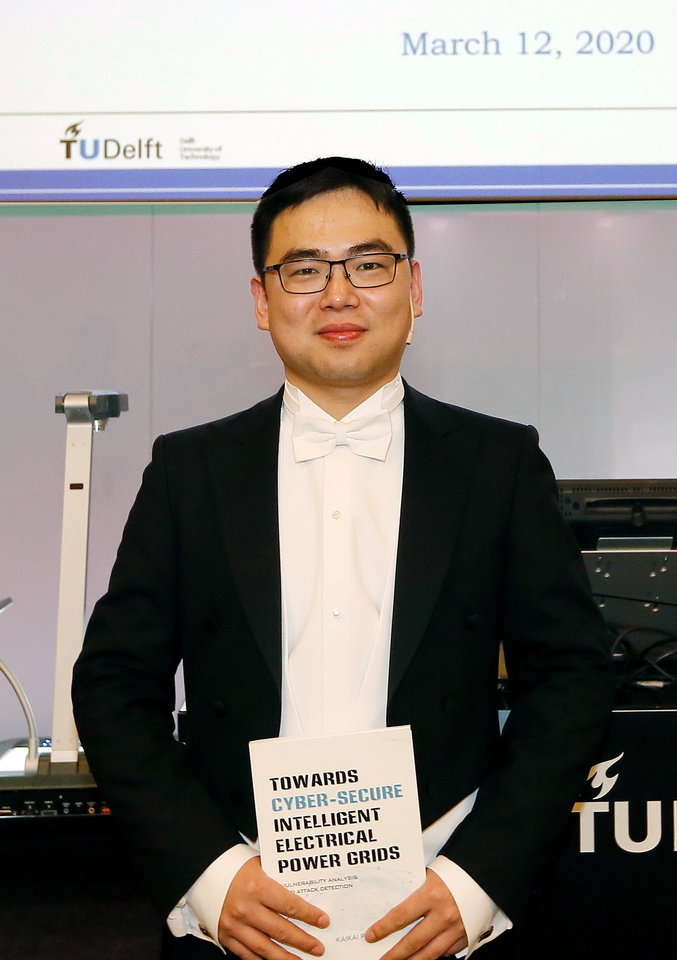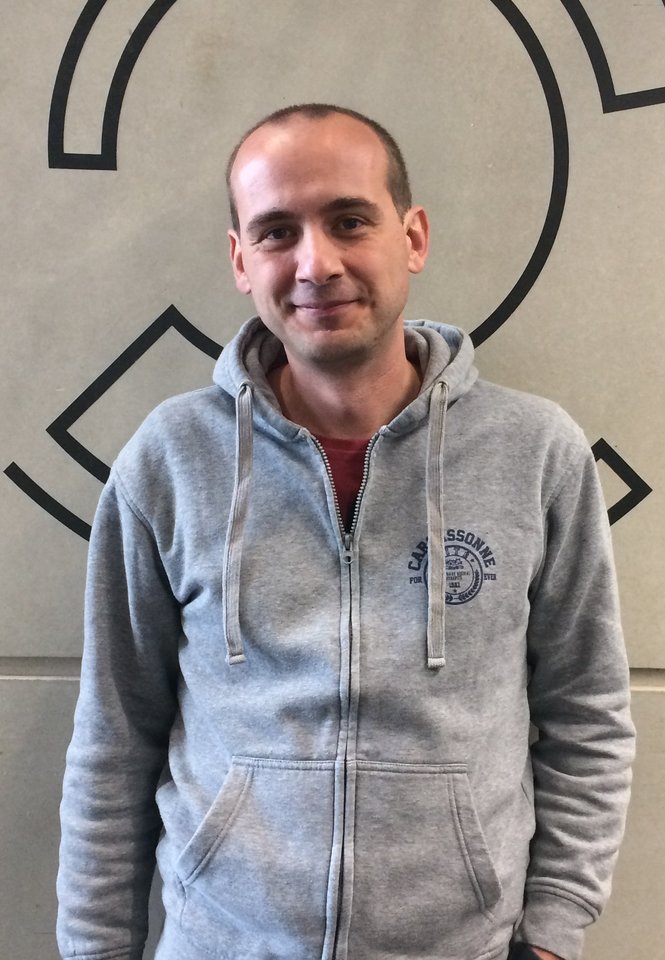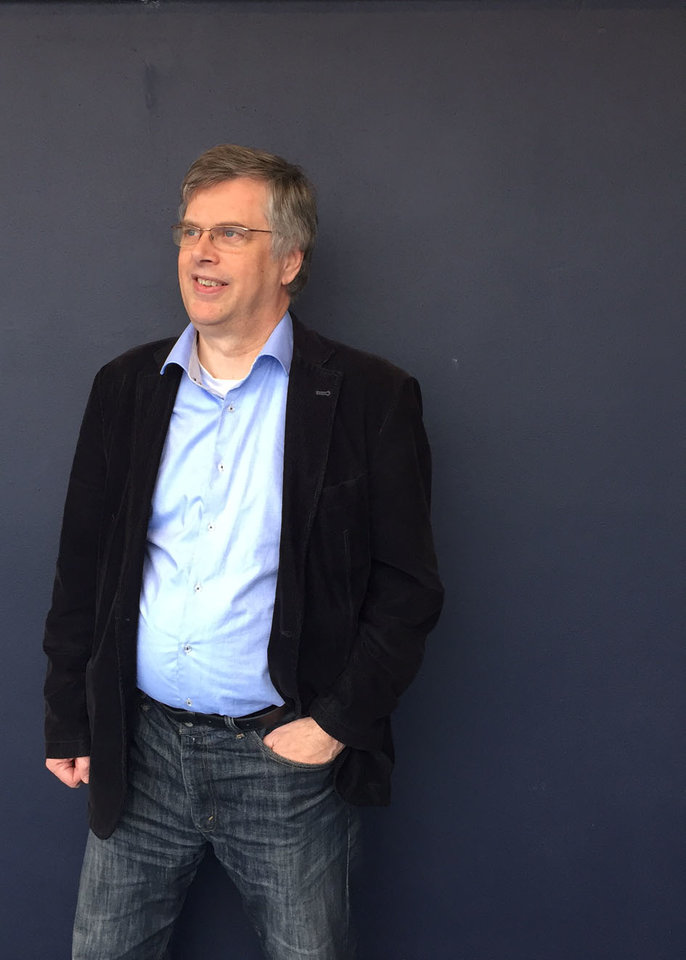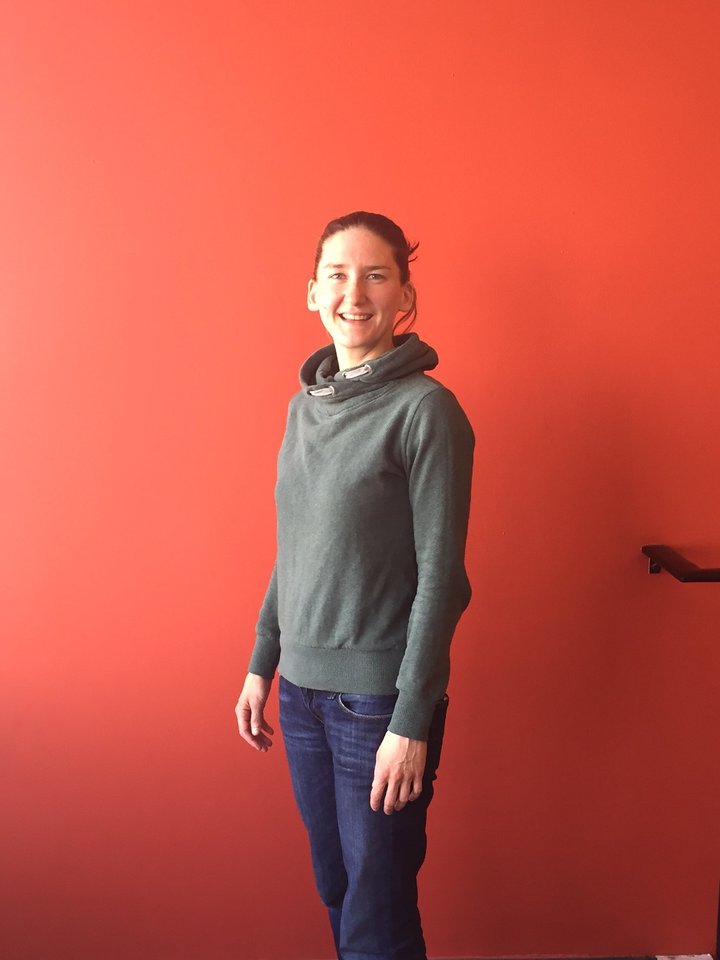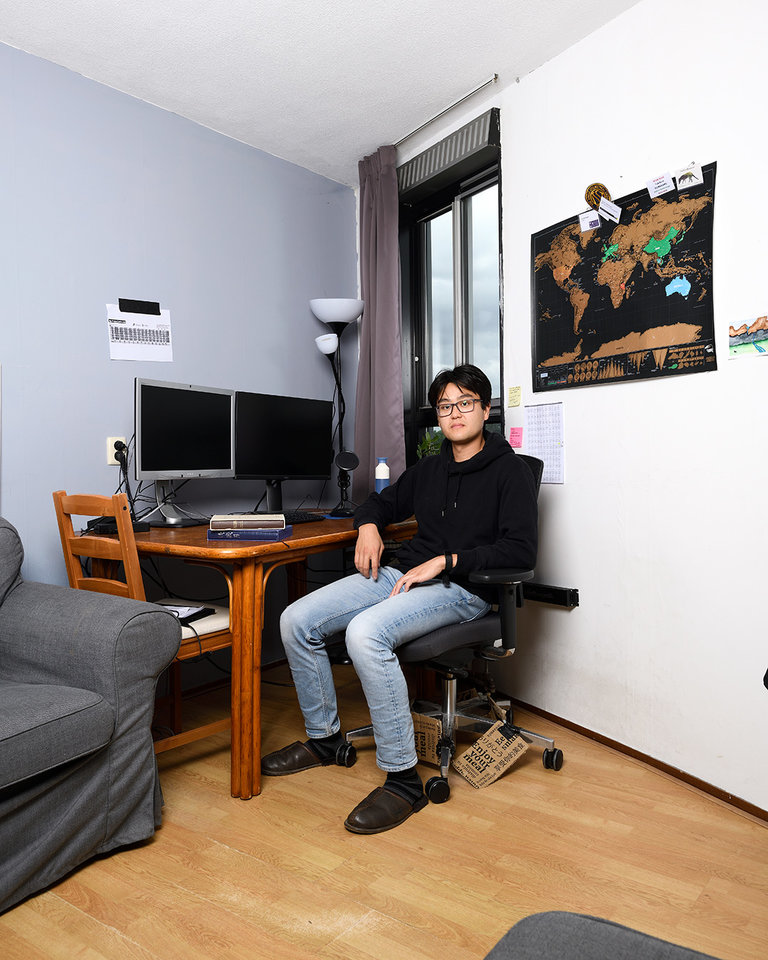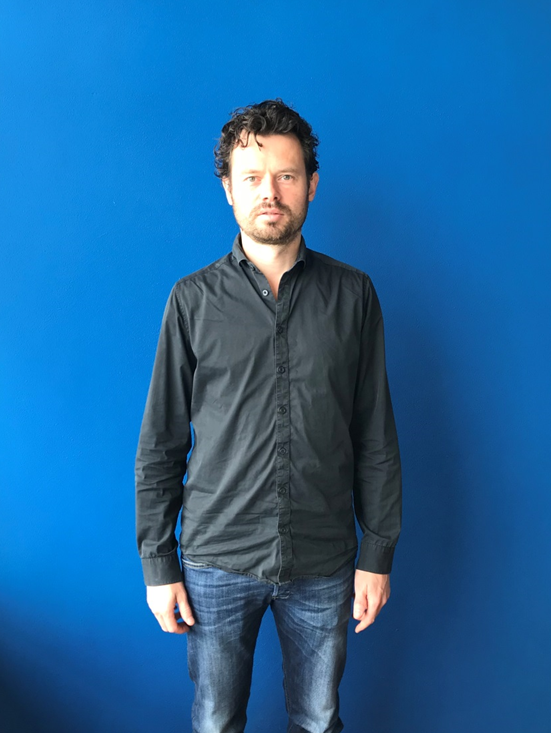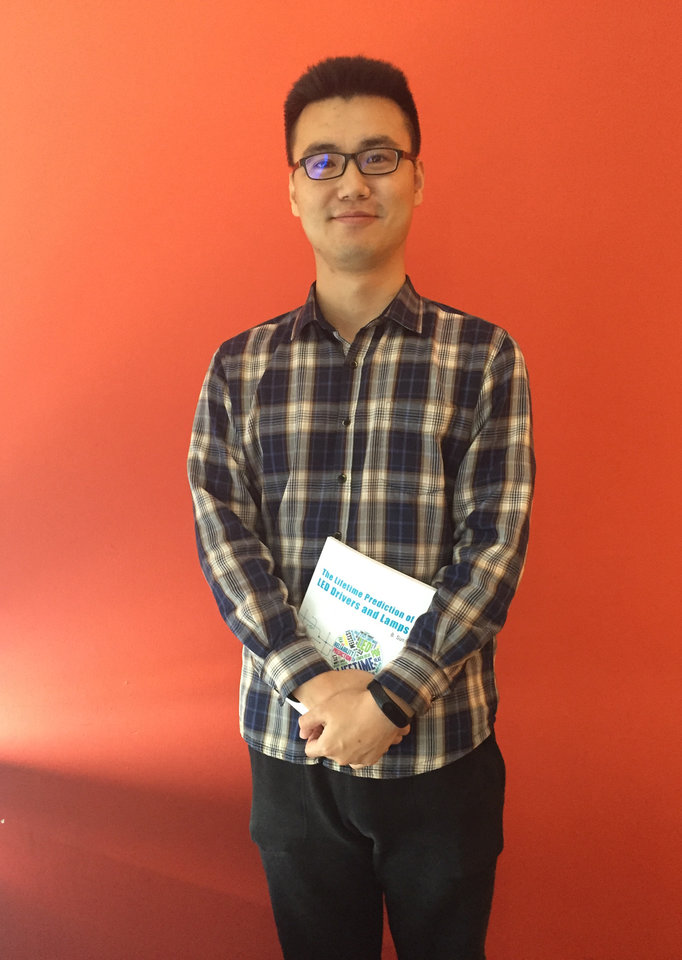Honestly, I try not to actively separate ‘work’ from ‘life’. Instead, I try to separate important activities from not so important activities, and activities that I enjoy from those that I do not. Fortunately, many activities that I enjoy are also important for my work. For example, I enjoy the work that I do as a teacher and a researcher. So, why separate that mentally from the rest of my life?
Of course, this is not to say that there are no moments when my workload is a little too much, or that I am never stressed. In a sense, it is the opposite: every work-related decision I make, I decide as if it is an important decision for my life. While I thoroughly enjoy work, I do not think that it should come at a cost of other things that I enjoy. For example, sports: I play tennis and badminton four times a week, which means that I will always stop other work by six on those days – because I need to eat in time.
While working on my PhD, my life was very different. I had fewer responsibilities and I generally did not want to stop working until I was completely satisfied with my work. This tendency to be a perfectionist lingers on to this day. However, things are never perfect. Now, when I know I have other important or urgent things to do, for example, sports in the evening, I will make sure to finish other work in time – and honestly, that rarely impacts the quality.
Most work-related stress I experience is in managing the expectations of others. Answering questions from students, peer-reviewing articles, or responding to e-mails from colleagues – that sort of work can quickly become too much in academia. I am not sure if there is a perfect way to deal with that pressure, but what works for me is to clearly decide which work I can or cannot do, and prioritise what’s possible. I then try to inform everyone whose questions or requests get delayed. Sometimes, my decisions may disappoint others but often they know I will get to it in due time, and that I will do a good job, so being upfront about such a delay is rarely a problem.
Deciding or prioritizing on what to do is not easy, however. I think that the university can create a lot of pressure from the top. Often, I hear senior colleagues say that `someone has to do that work’! Sometimes, I wonder if this is the best way for a university to function: good science needs plenty of mental space in which creative solutions can develop. Perhaps, we would collectively be more creative if we indeed allow for that space to exist, by honouring each other’s downtime? And is it not a little strange that the more senior you get at a university, the more you are selected for your capacities as a manager? Because at every step before, we have been selecting people for their academic qualities: how good is their research, and how well can they teach. Those qualities deserve more attention, not whether someone is good at managing a flooding mailbox.
In any case, whenever I have doubts about myself or about my career, I think of where I’ve come from. I was born in a simple, rural village in India. I was the only one from my high school to go study in the city, let alone going to study abroad. I feel content with what I have achieved. This does not mean that I am no longer ambitious. Of course, I still want to excel, but reminding myself of what I have already achieved in my life, does relieve some of the pressure.





